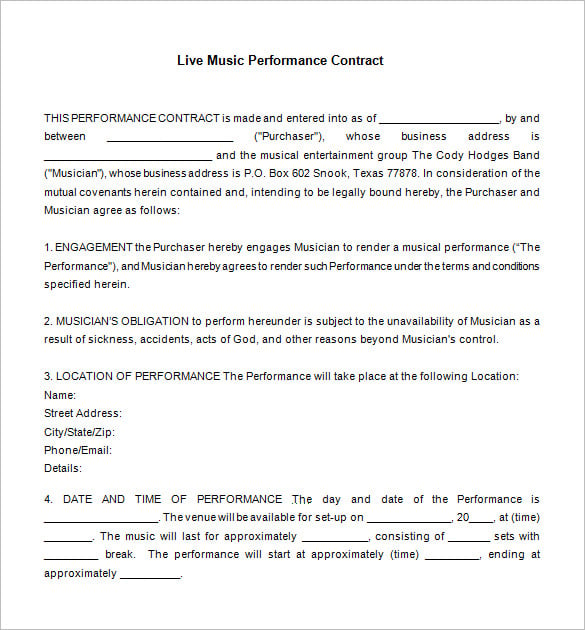The music industry can be a very difficult and complex industry to get in and actually make a good income from. There are many factors to the industry but some “musts” to know are split into four different categories: Music Distribution, Licensing, Contracts and Invoices, and Societies and Unions.
Music Distribution:
Music distribution is the process in which the track(s) go through in order to reach the public and actually be released.
This process starts by having a track already recorded. It involves songwriters, composers, music artists, producers and just about anyone you can think of that helps produce a track. Once it’s recorded, you’ll need to design some cover art, so when the public buy the song it’s not just blank. The cover art should preferably captivate the audience so people want to buy it possibly in physical forms or even just to make it stand out when it’s alongside all the other artists music.
Once you have everything laid out, you need to piece it together! Companies like “cdbaby”, “DISTROKID”, “Ditto X”, “awal” and many other distribution companies can help with this. In order to upload on either of these platforms, you’ll need to ensure you have: a track name, track audio, cover art, release dates, price and inclusion of any track features. It takes approximately 1-2 weeks to actually upload on the different platforms because they will check to ensure you have done everything efficiently and clearly, if you haven’t then your track won’t be uploaded. Due to it taking a long time to upload, you also want to set you release date around a week later than the upload so it gives you more chances to be featured on playlists, which of course earns you more money.
However, these sites do come with a fee as you need to pay the platforms to actually add you track. For example, on “cdbaby”, a standard single release is $9.95 but a standard album release is $29.
https://cdbaby.com/cd-baby-cost.aspx
The distribution process involves a lot of people! It includes: musicians themselves, producers, engineers, record labels, promoters, agents and publicists.

Licensing:
Licensing is basically having the rights to play artists music, in public, whilst they still gain all the royalties from it.
Many places like hair salons or bars use music as a way to set an atmosphere or comfort the public. The license allows the public places to play their music aloud, whilst still giving the artist the fair amount of money for the royalties. Companies like “PRS” and “PPL”, simply collect the money from the places but don’t take a cut so you’re getting 100% of your earnings and profits.
You do need both “PRS” and “PLL” because they’re both similar but have slight differences. “PRS” pays out radio plays and streams from online services such as Apple Music and Spotify. “PLL” pays out anybody, from lead singers to choir members rock drummers to classical musicians, who has contributed to the track, will get a pay out.
Luckily, both are very cheap to buy, even though they’re renewed every year, and it pays out all the artists earnings so it can help them with a lot of the money situations that they may be in because you don’t earn a lot from online streams alone (around $5 per 1000 stream). The licenses not only allow you to play radio or cd albums etc, but you can actually have live performances too!
Licenses basically allow you to get payed for whenever your music is played so you really make a good earning, depending on how many plays you get, this is why radio is good! It’s important because money is hard to make in the industry but this really helps boost you and keep you afloat, even if online streams don’t pay too good solely. All places that play radio etc need/should have the licenses because it just gives the artist fair pay for all their hard work and you can still use it in order to create the atmosphere you’re going for.
Contracts And Invoices:
Contracts and invoices are incredibly important in today’s version of the music industry because a lot of gigs and payments will go through one of these processes. A contract can be a more serious and detailed agreement, for example: when you’re signing to a record label, they can put in the contract that it’s only a year long and they get 20% of the earnings on each track dropped but you can negotiate and look for different clauses etc. It’s very important to thoroughly read contracts through, potentially even with lawyers, because a lot of the time the thing you’ve agreed to you didn’t fully agree with or understand so then if you sign, you’ll be stuck. An invoice is how a lot of places will pay you for performing at their pub etc.

To fill out an invoice, you’ll sign your name, when you performed, what you did at the performance and how much you’re expecting to get paid. Make sure you’re reading these properly and knowing your worth because sometime you can have a deadline for when it needs to be sent off but you also don’t want to get underpaid for what you’ve worked for. They’re basically written agreements. You need to thoroughly read through both because you need to understand who’s getting paid what and what percentages everyone is getting, so you know that it’s fair. Firstly, though, you need to understand your worth because you can easily get underpaid.
They both separate out everyone’s, who was involved in the process, payments. You can get some that are long term contracts, like record labels tend to sign for 1-2 years, or you can have short term contracts, like you can have a set week that you’ll be signed to perform so many songs at a pub and then get paid for it.
Invoices and contracts can both be very good for legal matters too, which is why it’s important to thoroughly understand them because sometimes you can be getting ripped off and then they’ll be used as you evidence for compensation.

Societies And Unions:
ISM (Incorporated Society of Musicians) and MU (Music Union) are both extremely important in order for you to be able to have a support team, whether it’s for advice or even legal matters.
Many people, at first, don’t really sign into the groups but if you’re a music teacher and a student trips over a wire or something, they have their own lawyers and public liability. This means that if something goes wrong then you’re covered and you have a lot of law support.
You do have to pay an additional fee but after that once off payment, you have a whole support network behind you!

